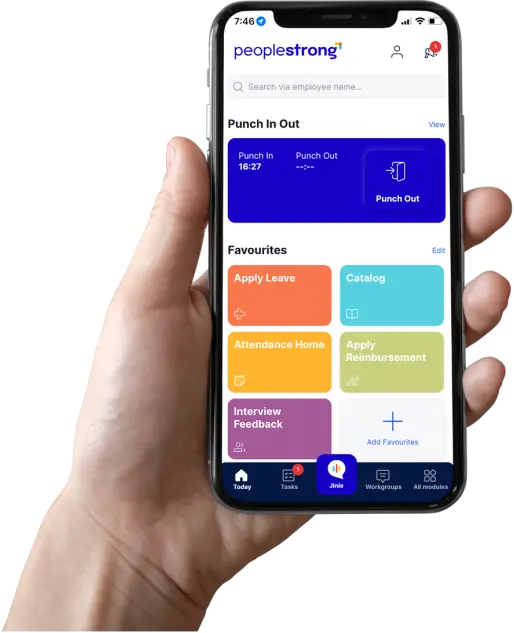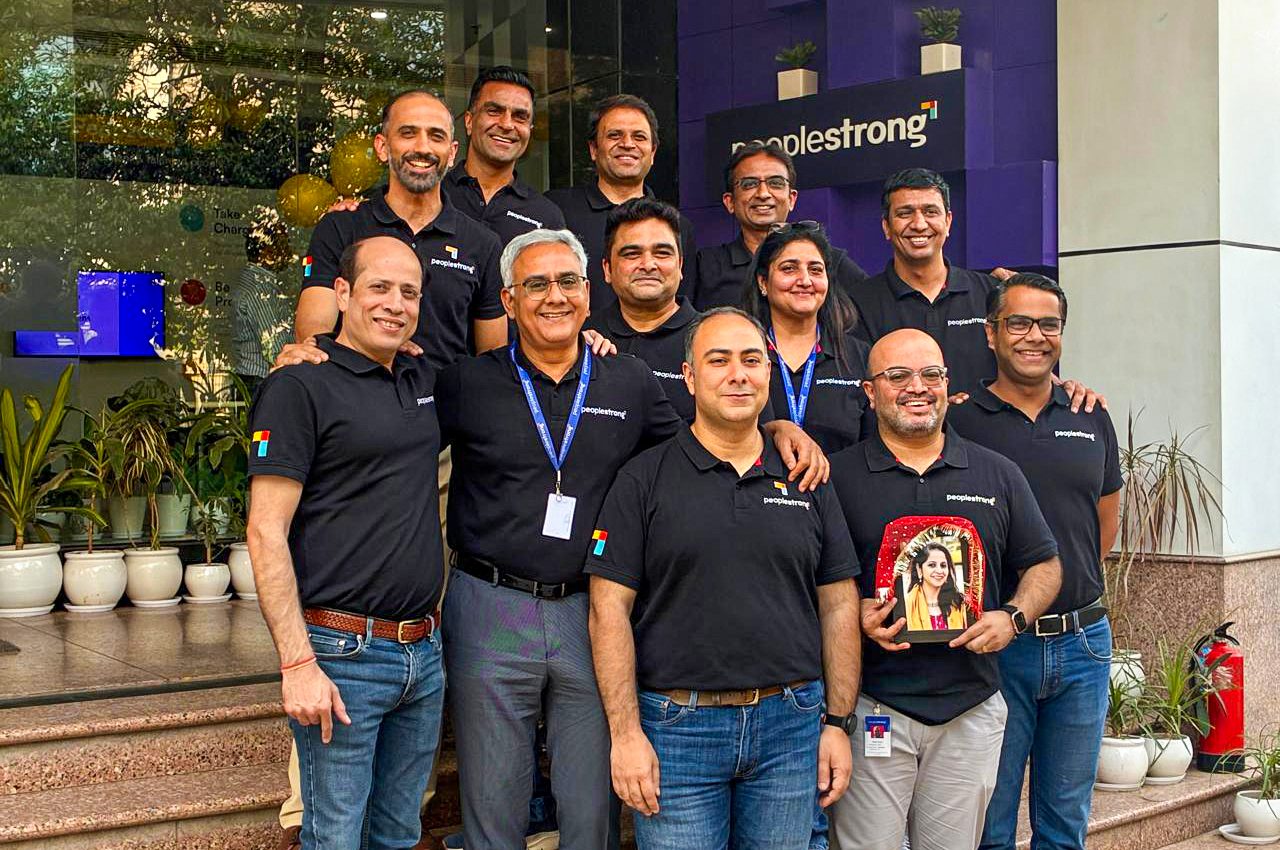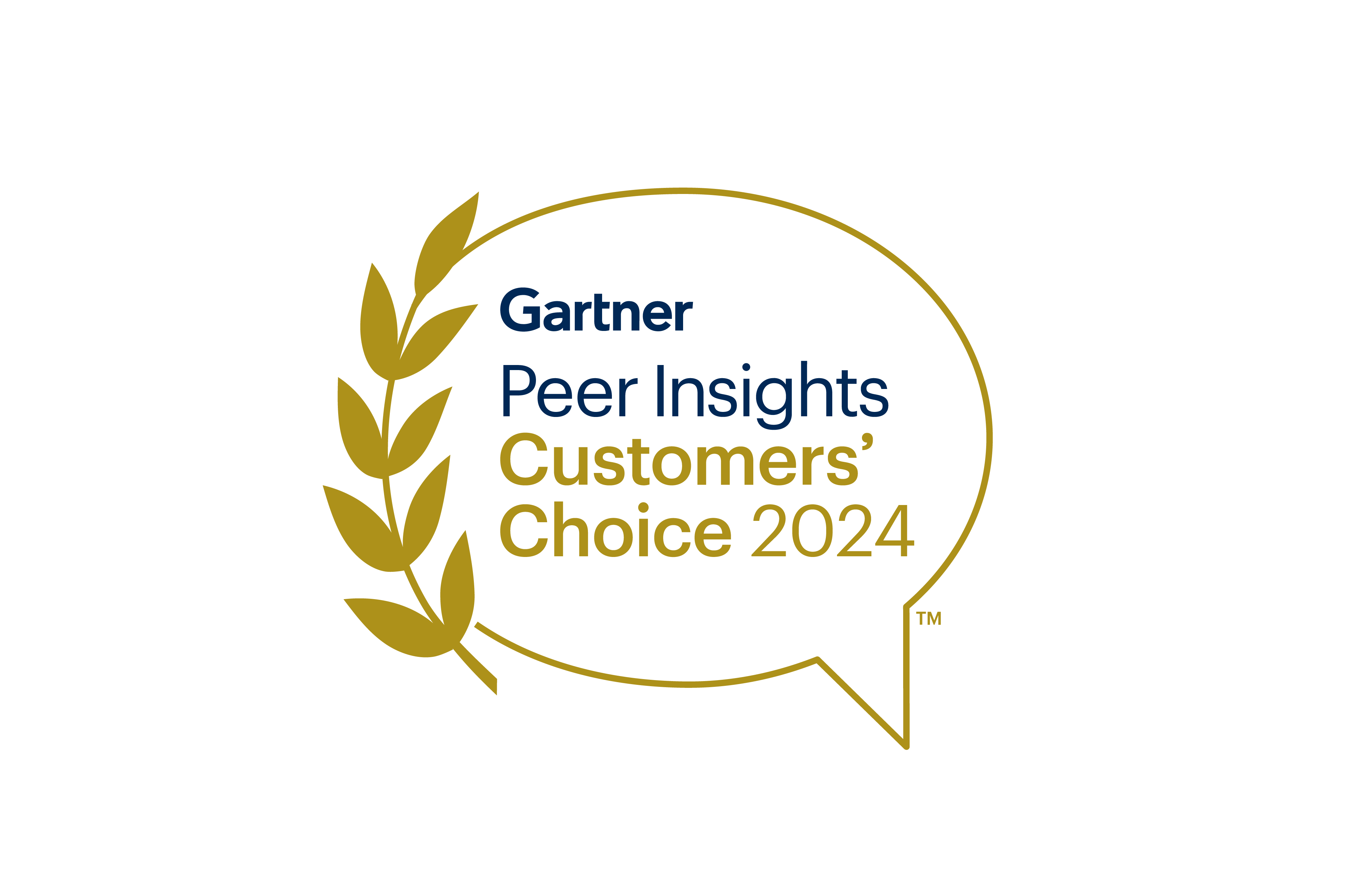The imperial Roman army around 30 B.C. was 125 thousand strong. Recruiting 125K employees even today is colossal, so one can only imagine the strategies Romans would have used to achieve this feat. It is said that Julius Caesar offered 300 sestertii (silver coin in Roman currency) to any soldier who would recruit another soldier in the army. This would have been one of the earliest forms of using Employee Referral for recruitment. From referrals in the army to the usage of display hoardings/signages for recruiting workers during the industrial revolution, the world has seen the use of mass-media chiefly Print & TVs(later on) through the 70s and 80s, advent of websites and their usage for finding talent in the 90s & 2000s and finally the social media from 2010 onwards.

Even with all this innovation, the struggle to find talent remains as the elephant in the room for HR & Talent Acquisition teams across the universe. The business leaders realized many years ago that recruitment is a highly specialized job and many organizations developed Talent Acquisition function outside the gambit of Core HR. Talent acquisition teams have overtime helped organizations scale with greater focus and improved outcomes. However, they operate largely with internal viewpoint and have, hence, over a period become stagnant with solutions and delivery models which are unable to solve complex problems which are beyond the scale which enterprises are operating today within Volatile, Uncertain, Complex and Ambiguous business & world order. The professional service support for recruitment teams is fractured and distributed with over 30,000 placement consultants serving the hiring needs of corporates by managing the sourcing part of the recruitment process.
For an economy(one of the world’s biggest & fastest growing) slated to grow at over 7% Y-o-Y, there is bound to be a huge number of jobs. India’s formal workforce is expected to grow from 41 Million in 2013 to 88 Million by 2022. This means almost the same size of the total workforce today would have to be hired in a decade or less.
The birth of RPO – Recruitment Process Outsourcing promises to bridge that delivery gap and also address the need for talent at such massive scale without compromising on the quality of the same.
What is RPO
RPOs are different from traditional placement consultants on 3 broad contours
- Scope – RPO manages specific requirements to all-encompassing parts of the whole recruitment cycle. These include:
- Demand Management
- Sourcing Management
- Process Management
- Analytics
- Governance
- Term & Outcomes – RPO engagements and contracts are strategically long-term and focus on holistic outcomes:
- Transactional outcomes are SLA & KPI Delivery
- Strategic Outcomes are driving stakeholder experience and automation of processes
- Long-term outcomes include predictability and building market intel
- Structure & Commercials – Dedicating focused & aligned teams for the customer is the only way RPOs can deliver successfully and create the long-term strategic advantage. This is one of the reasons for which we see different kinds of commercial tiers in RPO engagements. Few of the leading options include:
- Position assigning or Opening Fee
- Position Closure fee or Success Based Fee
- Management fee
- Technology fee
- Rewards & Penalties
Market Size & Penetration
The Global recruitment market size is estimated at USD 4 Billion and is expected to grow 3 times to about USD 12 BN by 2022. 75% of the RPOs are ‘On demand’ models where some parts of the recruitment process are outsourced. This model offers the enterprises the flexibility to manage their recruitment needs. Another 25% are end to end RPOs aiming for long-term strategic gains.
Primary utilization of RPOs is among 5 Industry verticals:

Of these IT & Telecom contributes to more than 25% of the share.
The RPO India story is catching up and is expected to grow by leaps and bounds. The overall recruitment market in India is about INR 7000 Cr of which only about INR 250 Cr happens to be through RPO contracts, which is 3.5%. Other than this INR 7000 Cr, there is recruitment which is done by In-house teams and is estimated to have a business potential of about INR 5000 Cr
Risks & Mitigation
While the business potential for RPOs in a market like India is extremely promising, lack of success stories poses a potential risk of losing out on customer confidence which doesn’t augur well for the industry. Most reputed firms like Randstad, Allegis, Kelly, Hirepro etc who are trying to evolve their traditional models of permanent placements to RPO solutions in India would need to use automation and high order change management and create more success stories to boost the confidence of the Customers.
Organizations like PeopleStrong and a few others which have been born as RPO solution providers have been able to retain the relationships and deliver on customer expectations. However, having more success stories across all service providers would help the RPO Industry grow significantly.
Whilst Rome, the Industrial revolution and advent of TV and Computers in recruitments would always be remembered as the stories which shaped this business, RPO as an industry needs some modern-day stories to be remembered of its own.












